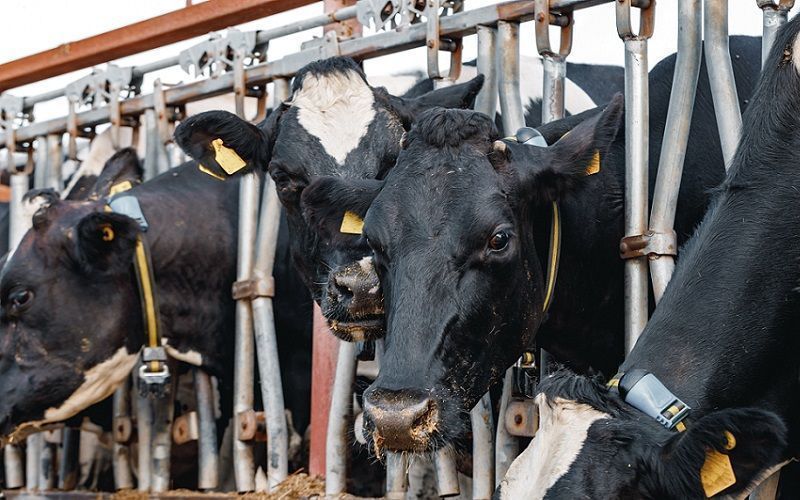Britain leads world in uptake of sexed dairy semen
A recent survey conducted by the Agriculture and Horticulture Development Board (AHDB) has highlighted significant trends in British dairy farming, notably a sharp increase in the use of sexed dairy semen and a corresponding rise in beef semen sales within the dairy sector. The data, covering the year ending April 2024, indicates that sexed semen sales surged to 84% of all dairy semen, up from 76% in 2023.

The Holstein breed, which remains the most favored among British dairy farms, reported even higher figures, with 88% of all semen sold being sexed. This widespread adoption of sexed semen allows dairy farmers to more selectively breed their top females, which is seen as a key factor in accelerating genetic advancements within the dairy herd.
For the first time, sales of beef semen have surpassed those of dairy semen, now accounting for 52% of all semen sold to dairy farms. This shift not only enhances the genetic quality of dairy herds by focusing on elite females for dairy production but also significantly impacts the beef supply chain. A larger proportion of beef crosses produced by the dairy sector is expected to contribute to the beef industry.
AHDB has encouraged farmers to utilize available tools like genomic evaluations and the Herd Genetic Report to identify the best females for breeding. This strategic breeding is crucial for improving herd efficiencies and overall productivity.
Marco Winters, AHDB's head of animal genetics, commented on the findings, noting, "UK dairy farmers are leading the world in the adoption of sexed semen. Their progressive attitude towards modern technologies to enhance herd efficiencies deserves commendation."
These developments are set to reshape the landscape of both the dairy and beef sectors in the UK, highlighting a significant shift towards more targeted and efficient breeding practices.
For the first time, sales of beef semen have surpassed those of dairy semen, now accounting for 52% of all semen sold to dairy farms. This shift not only enhances the genetic quality of dairy herds by focusing on elite females for dairy production but also significantly impacts the beef supply chain. A larger proportion of beef crosses produced by the dairy sector is expected to contribute to the beef industry.
AHDB has encouraged farmers to utilize available tools like genomic evaluations and the Herd Genetic Report to identify the best females for breeding. This strategic breeding is crucial for improving herd efficiencies and overall productivity.
Marco Winters, AHDB's head of animal genetics, commented on the findings, noting, "UK dairy farmers are leading the world in the adoption of sexed semen. Their progressive attitude towards modern technologies to enhance herd efficiencies deserves commendation."
These developments are set to reshape the landscape of both the dairy and beef sectors in the UK, highlighting a significant shift towards more targeted and efficient breeding practices.
Key News of the Week











